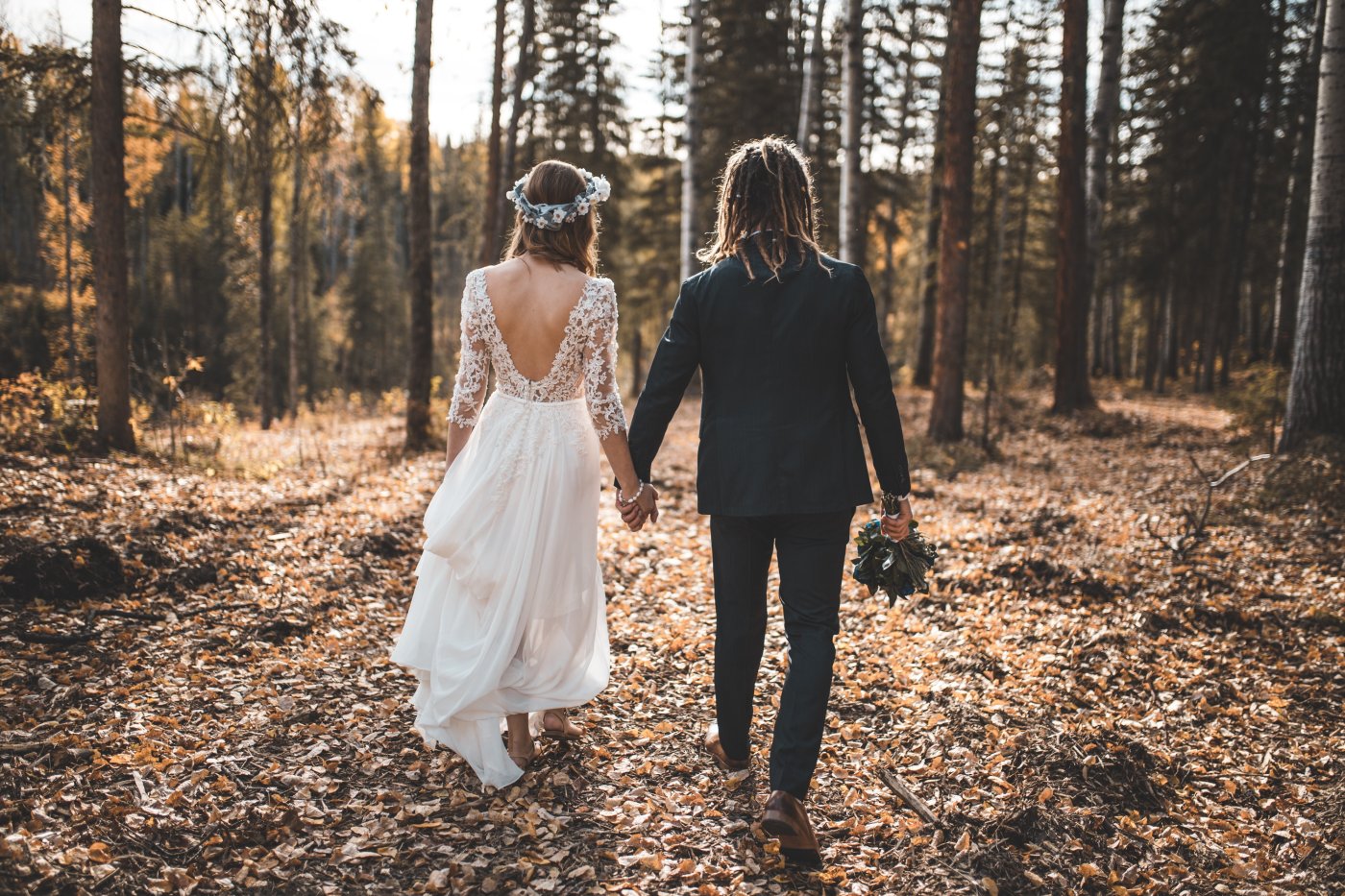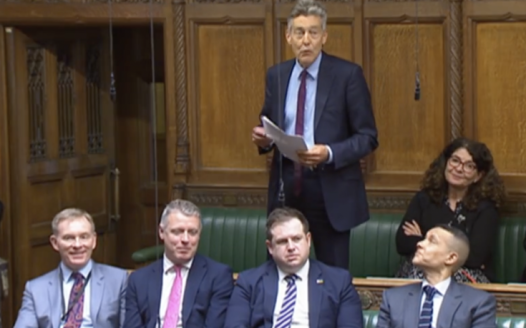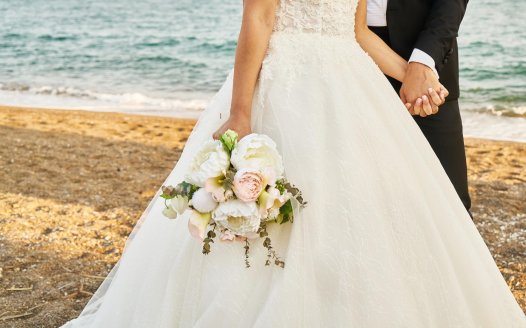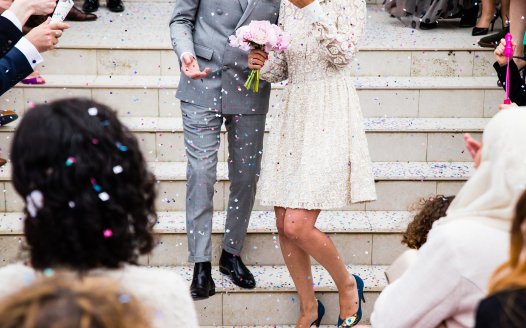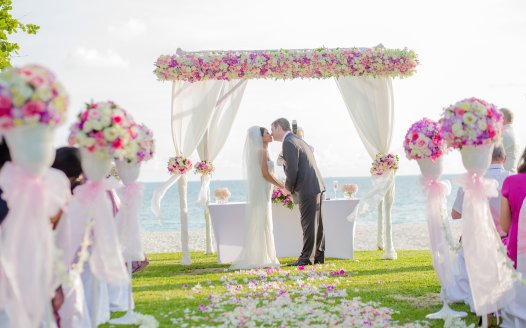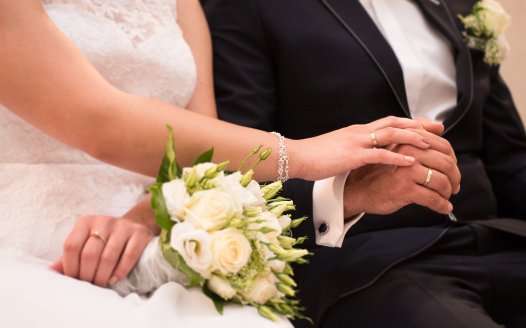Don’t let the Church dictate how we marry
Posted: Tue, 11th Jul 2023 by Megan Manson
In justifying its uniquely privileged position as the established religion, the Church of England likes to portray itself as "an advocate for freedom of religion or belief". But its recent outburst on plans to liberalise wedding law tells a different story.
Last week bishop of Durham Paul Butler spoke out against the Law Commission's recommendations to reform wedding law in England and Wales, warning they are "likely to undermine the Christian understanding of marriage".
What are these proposed recommendations? They are to make our wedding laws simpler, fairer, and easier for anyone – of any religion or belief – to be married in a ceremony that's right for them.
Wedding laws in England and Wales are archaic. Different rules and restrictions apply depending on whether your wedding is Church of England, Jewish, Quaker, a different religion entirely, or not religious at all. If the wedding isn't Jewish or Quaker, you must get married in a building licensed for weddings. That strictly limits where most couples can get married, and there's no way to have a legally binding wedding ceremony led by an independent celebrant.
The statistics reflect the need to update wedding law. In 2019, marriage rates for opposite-sex couples fell to their lowest on record since 1862. Religious ceremonies accounted for less than one in five of opposite-sex marriages, the lowest percentage on record before the pandemic. These figures aren't too surprising since the 2021 Census revealed England and Wales are less religious than ever.
The Law Commission's proposals are designed to stop the decline in marriage by removing barriers to weddings suitable for people from all walks of life. They recommend streamlining the law so all weddings, whatever their religious or non-religious nature, take place according to broadly similar rules. Crucially, the 'buildings-based system' would be replaced with an 'officiant-based' one, meaning couples could get married anywhere provided the officiant was authorised.
This would greatly expand the possibilities of legally recognised weddings for religion or belief groups who don't tend to congregate or marry in dedicated buildings, including Muslims, Pagans and Humanists. The majority who want civil weddings would also benefit from having a much wider choice of venues, including "gardens, beaches, forests, parks, village halls and cruise ships."
Furthermore, the Law Commission has proposed a scheme for independent celebrants to become officiants and hold legally binding weddings. This makes sense; independent celebrants are in demand. Although the weddings they hold currently have no legal standing, there are at least 1,000 independent celebrants in England and Wales performing over 10,000 wedding ceremonies each year. The number of such ceremonies has more than doubled since 2015.
Wedding reforms would maximise freedom of religion or belief for all – especially if independent celebrants are included. They offer freedom for personal and spiritual expression quite unlike any other wedding provider. As Sophie Easton of the Association of Independent Celebrants says: "Many of the couples we work with are non-religious, but equally, many are spiritual in outlook, or in mixed-faith relationships, so it's our job to ensure their ceremony reflects them to a tee."
But the Church of England doesn't seem to like the idea of giving people the weddings they want, even if this would inherently deliver greater religious freedom.
Butler's fretting over the "Christian understanding of marriage" reveals the Church thinks weddings belong to them. They don't and they never did. Marriage institutions exist across cultures and religions – no single religion has a monopoly on weddings. It should be noted that the Church used this same argument in its opposition to legalise same-sex civil marriage.
Butler also argued that moves to "commercialise" weddings would lead to ceremonies that are not "dignified". This perhaps refers to the fact that for independent celebrants, holding weddings is their vocation and livelihood – they have to charge money for it.
The idea that allowing for greater choice in weddings would lead to 'undignified' weddings is scaremongering. The Law Commission has said the reforms are designed to "preserve the dignity of weddings" and said all officiants should be duty-bound to "uphold the dignity and significance of marriage". That Butler assumes the Church can do this, but other officiants can't be trusted to do so, may reveal the Church's own prejudice against heathens who dare to wade into what the Church thinks is its own territory.
And let's not forget the Church does charge a fee for officiating weddings; this can reach over £600. It is hypocritical for any religion or belief group to criticise independent celebrants for charging money for officiating weddings when they do the same thing.
What's more, every other aspect of weddings, from the venue to the catering to the clothing to the entertainment, is open to the free market. It seems entirely unreasonable to exclude the officiant alone.
So, what's the real reason for the Church's opposition to wedding reform?
Perhaps it's because allowing more groups and individuals to conduct weddings with far fewer restrictions will present significant competition to Church weddings, which are already in a drastic state of decline. In 2017, the average church only held one wedding that year, which isn't too surprising considering less than 1% regularly attend CofE services.
And while the Church's self-imposed ban on gay marriage remains, it cannot capitalise on same-sex weddings to bolster its numbers. No doubt many opposite-sex couples find the Church's homophobia distasteful, which puts them off marrying in a church too.
The Church's opposition to making it easier for others to hold weddings – weddings that don't have all the religious baggage of Church weddings – looks like petty protectionism. It knows it can't beat the competition, so it must discredit them.
The government is now considering the Law Commission's recommendations. The established Church, with all its privileged access to political power (as bishop of Durham, Paul Butler sits in the House of Lords), may put it under immense pressure to retain the unequal and restrictive status quo.
We can only hope the government can resist this pressure and reform the law based on principles of equality, fairness and freedom of religion or belief for everyone. The Church may not welcome that, but the British public would.

